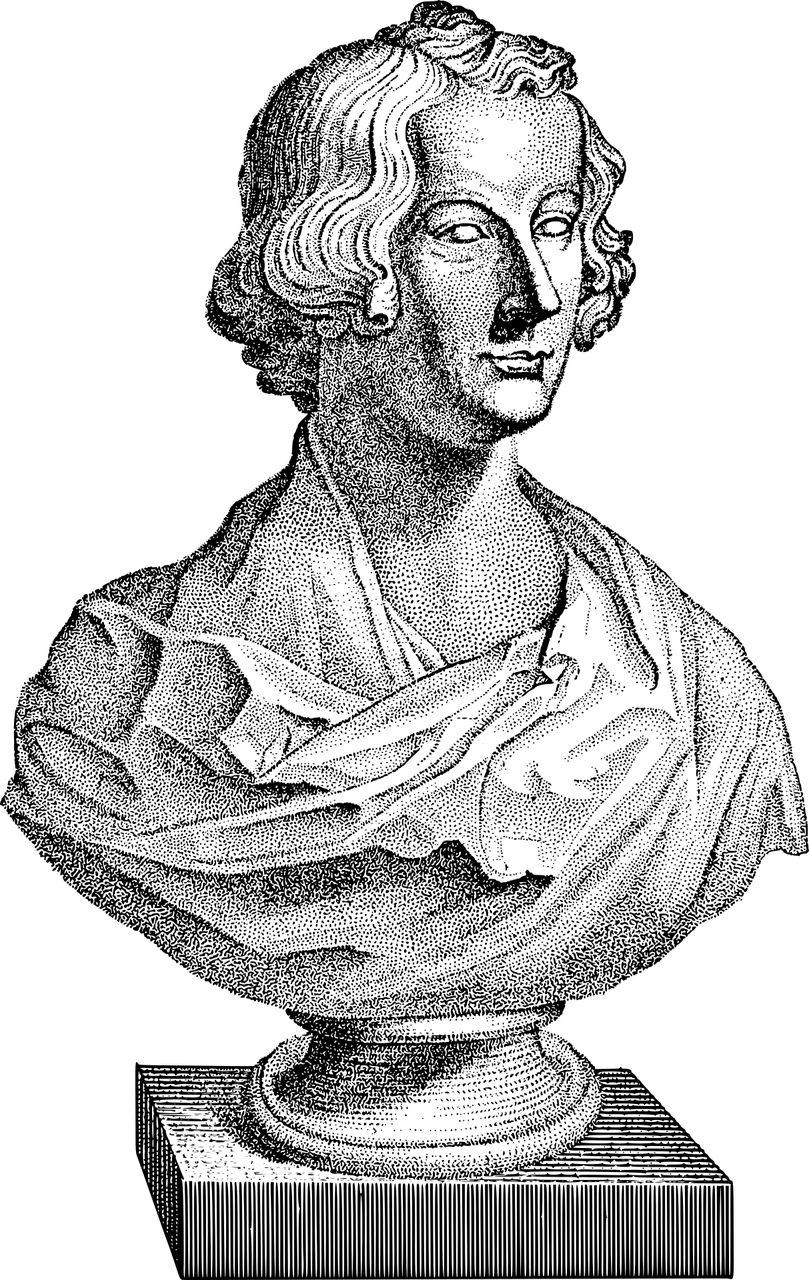Animal Farm by George Orwell: The Timeless Tale of Power and Corruption

Introduktion:
George Orwell’s “Animal Farm” is a classic novel that delves into the themes of power, corruption, and the dangers of totalitarianism. This thought-provoking allegory, originally published in 1945, continues to capture the imagination of readers worldwide. In this article, we will explore the significance of “Animal Farm” and its historical development over time, providing valuable insights for those interested in this fascinating subject.
I. The Essence of “Animal Farm”:

– George Orwell’s “Animal Farm” is an allegorical tale that portrays the Russian Revolution and the rise of Stalinism. The novel uses animals on a farm as a metaphor for the political landscape, offering a profound commentary on power dynamics and manipulation.
– “Animal Farm” serves as a cautionary tale that highlights the potential for individuals and systems to succumb to corruption and tyranny. It explores themes of inequality, propaganda, and the perversion of noble ideals.
– The novel’s characters represent historical figures: Napoleon symbolizes Joseph Stalin, Snowball represents Leon Trotsky, and the other animals reflect the working class and the bourgeoisie. Understanding these parallels deepens our appreciation for Orwell’s brilliant storytelling.
II. Historical Development of “Animal Farm”:
– Since its publication, “Animal Farm” has captivated readers and sparked intense debates about its meaning and relevance. Orwell’s novel experienced varied interpretations and reactions depending on the political climate of different eras.
– Initially, “Animal Farm” was embraced as an anti-Stalinist work, shedding light on the danger of totalitarianism. However, during the Cold War, it was sometimes misinterpreted as anti-communist propaganda and faced censorship in certain countries.
– As time progressed, “Animal Farm” regained its rightful place as a critique of authoritarianism and power abuse. Its themes have resonated with generations, including those living under oppressive regimes and those seeking to scrutinize the flaws of political systems.
– The novel’s universality has ensured its continued popularity and relevance, with scholars continuing to study and analyze its intricate symbolism and sociopolitical implications.
III. The Legacy of “Animal Farm”:
– “Animal Farm” continues to inspire artistic interpretations, including film adaptations, theatrical productions, and visual artworks. Its multi-faceted narrative offers ample opportunities for creative exploration and engagement.
– The novel’s impact reaches beyond the realms of literature. It has influenced political discourse, particularly discussions around governance, propaganda, and the manipulation of language. Orwell’s concept of “Newspeak” in the book serves as a warning against the dangers of linguistic control.
– In today’s digital age, “Animal Farm” remains a relevant and powerful tool for critical thinking. Its exploration of media manipulation and the distortion of truth serves as a reminder of the importance of independent thought and skepticism.
– An engaging video essay exploring the themes and symbolism in “Animal Farm” and its historical context]
Conclusion:
George Orwell’s “Animal Farm” stands as a timeless masterpiece that continues to provoke thought and reflection. Its exploration of power and corruption, presented through the lens of an allegorical farm, resonates with readers of all ages and backgrounds. As we delve into the historical development of “Animal Farm,” we recognize its enduring significance, captivating audiences and inspiring critical conversations about political systems and human nature. This thought-provoking novel serves as both an important historical document and a cautionary tale for generations to come.
Reference:
– Orwell, George. Animal Farm. Harcourt Brace Jovanovich, 1996.
FAQ
How has Animal Farm been interpreted over time?
What historical event does Animal Farm represent?
What is the main theme of Animal Farm?
Flere Nyheder
Billedrammer: Sådan udvælger og styler du dit hjem med personlige touches
Introduktion: George Orwell’s “Animal Farm” is a classic novel that delves into the themes of power, corruption, and the dangers of totalitarianism. This thought-provoking allegory, originally published in 1945, continues to capture...
Linnea Jensen
12 juli 2024
Vælg de perfekte rammer: En guide til at udstille dine yndlingsbilleder
Introduktion: George Orwell’s “Animal Farm” is a classic novel that delves into the themes of power, corruption, and the dangers of totalitarianism. This thought-provoking allegory, originally published in 1945, continues to capture...
Linnea Jensen
05 juli 2024
Fotografens kreative univers: Mere end et klik med kameraet
Introduktion: George Orwell’s “Animal Farm” is a classic novel that delves into the themes of power, corruption, and the dangers of totalitarianism. This thought-provoking allegory, originally published in 1945, continues to capture...
Linnea Jensen
03 maj 2024
Klaus Rifbjerg Bøger: En Undersøgelse af Danmarks Litterære Ikon
Introduktion: George Orwell’s “Animal Farm” is a classic novel that delves into the themes of power, corruption, and the dangers of totalitarianism. This thought-provoking allegory, originally published in 1945, continues to capture...
Peter Mortensen
18 januar 2024











